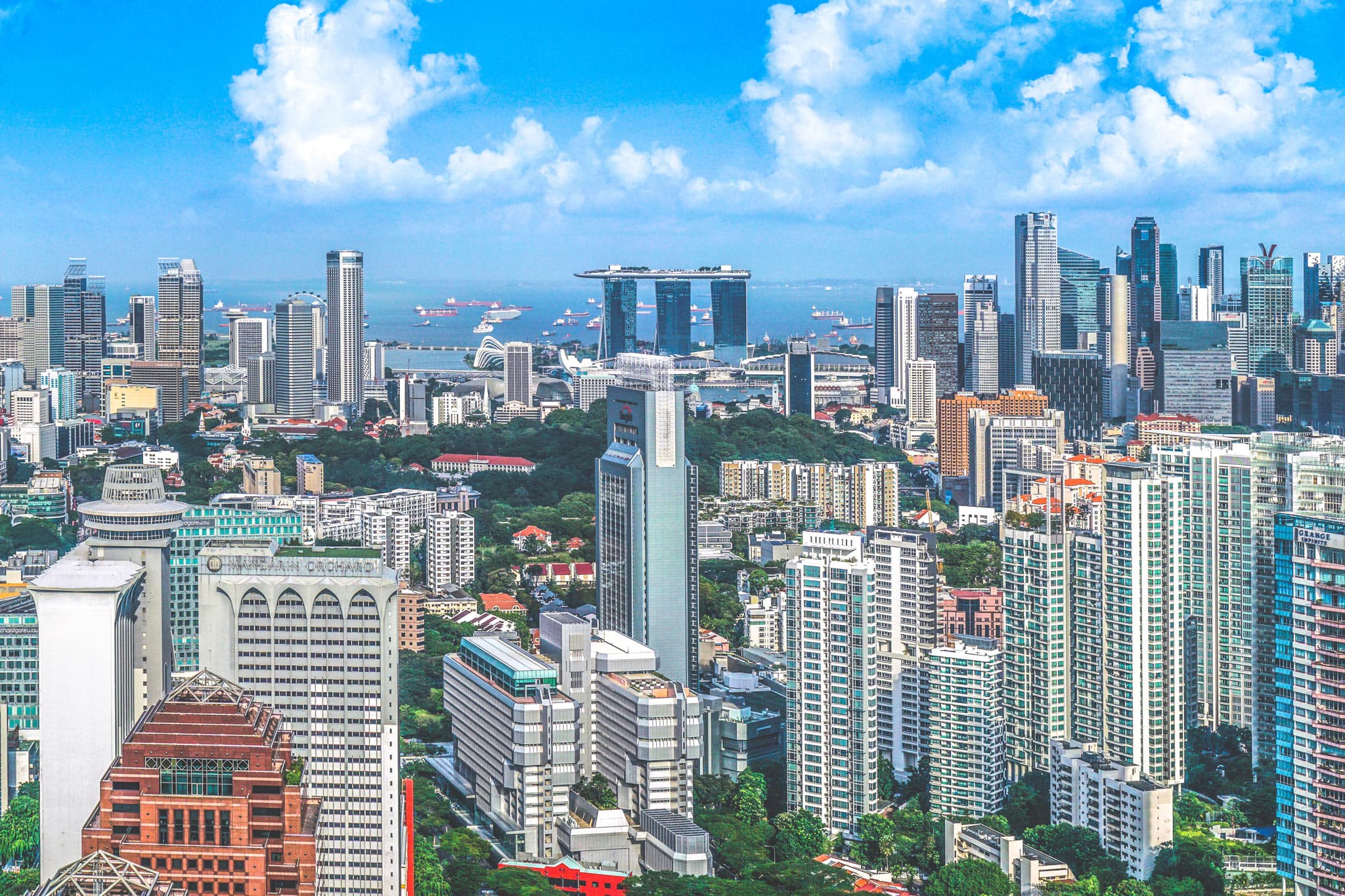The Entrepreneurial Spirit of a Startup
Mon, 01/23/2017 - 12:00
Steve Leonard, Founding CEO of SGInnovate on why Singaporeans were, are and continue to be entrepreneurs.
Efficient, clean, safe. These are terms often associated with Singapore, and that’s a good thing when you are the leader of a company (or country).
But these words don’t exactly fit with the common perception of what makes for a ‘startup’ mentality. Swedish friends tell me their ecosystem is ‘best’ because it celebrates creativity and a collaborative culture…which leads to good outcomes. Israeli friends tell me their ecosystem is ‘best’ because it values frequent and strong disagreement among team members…which leads to good outcomes. I’ve lived in San Francisco and in London, and friends in both places tell me they have the best ecosystems, but for different reasons again.
Regardless, one question in common that everyone asks me, in Singapore as well as overseas, is how do we make Singapore ‘more entrepreneurial’?
To me, as a non-Singaporean who has lived here 15+ years (and together with my wife raised three kids here), I believe Singapore has huge potential to be a builder of great startups. I say potential because it’s true that, so far, we’ve not had the same startup success (Spotify, Waze, TransferWise to name a few) that we’ve seen in other places.
While we have many things we’re excited to see happen in our startup ecosystem, we shouldn’t think Singapore 'needs to become entrepreneurial'. We were, we are and will continue to be entrepreneurs.
However, I believe ‘our edge’ (to borrow a line from my friends at EntrepreneurFirst) is greatest if we focus on ‘deep-tech/science-based’ companies working on tough problems. I will explain that more in a future post.
Let me first explain why I believe we are already an entrepreneurial country.
Singapore as a Startup?
The core pillars of entrepreneurship -- seeing and solving real problems, overcoming obstacles, and creating a viable economic model that is durable -- are the very foundation of the nation. Singapore is a country that has always dealt with scarcity in some form or other -- a place with essentially no natural resources: nothing to dig out or pump from the ground; no plentiful supply of fresh water; no vast plains for agriculture.
Fifty-one years ago, modern-day Singapore was itself ‘a startup’ of sorts, and there were key leaders playing critical roles in the formation of the nation, each of whom is analogous to the founding team in a startup. The Founding Prime Minister, Mr Lee Kuan Yew, served as the visionary Founding CEO. The early leadership team he assembled in Government held roles with the same scope as those building a company, such as Product Engineering, Finance, Communications, Talent Development, Legal, Partnerships, and Business Development. There were real problems to solve in housing, education, health, water, security, transportation to name a few, and there was a high level of urgency in driving things forward. Things were done with an entrepreneurial determination to push ahead, and with a passionate belief in what could be built.
Building from the Entrepreneurial Spirit
Let me extend the analogy of Singapore as a startup a bit further:
A startup needs a revenue model to meet short-term and long-term financial needs of the company.So did Singapore.
A startup has to ensure it builds valuable IP and invests in areas that drive future financial growth.So did Singapore.
And for any startup that survives the inevitable setbacks and becomes viable as an entity, the focus shifts to scaling the enterprise.Same for Singapore, which pursued various economic-value areas in the decades after its ‘founding’.
And, by almost any measure, Singapore scaled very successfully. Following its independence in 1965, the per capita income has grown more than 100x, a rate of improvement higher than almost any country in the world over such a short period of time.
So, when people think Singapore is an efficient, clean and safe place, they are right. Those attributes translate into a high quality of life by almost anyone’s standard. That’s the ‘product’ the founding team building this ‘startup’ wanted. So, while we have many things we’re excited to see happen in our startup ecosystem, we shouldn’t think Singapore 'needs to become entrepreneurial'. We were, we are and will continue to be entrepreneurs.
As a country, Singapore now has the assets of a highly-educated population, substantial pools of investable capital, world-class research communities, and a large base of local and multi-national corporations. Perhaps our greatest asset is that Singapore has a stable government committed to investing in STEM education at all age levels.
Singapore is a successful startup, so we don’t need to ‘become entrepreneurial’. We do, however, need to better use our assets to build globally-relevant products and companies. That is part of the reason for the founding of SGInnovate.
Trending Posts
- From satellites to startups, Singapore’s space sector is pushing new frontiers
- How leaders should rethink cybersecurity strategy
- How to Future-Proof a Career in Deep Tech? Start here.
- The future of fusion energy: What will it take to bring the power of the stars to earth?
- Keeping satellites safe: How CYSAT Asia 2026 is tackling space cybersecurity






